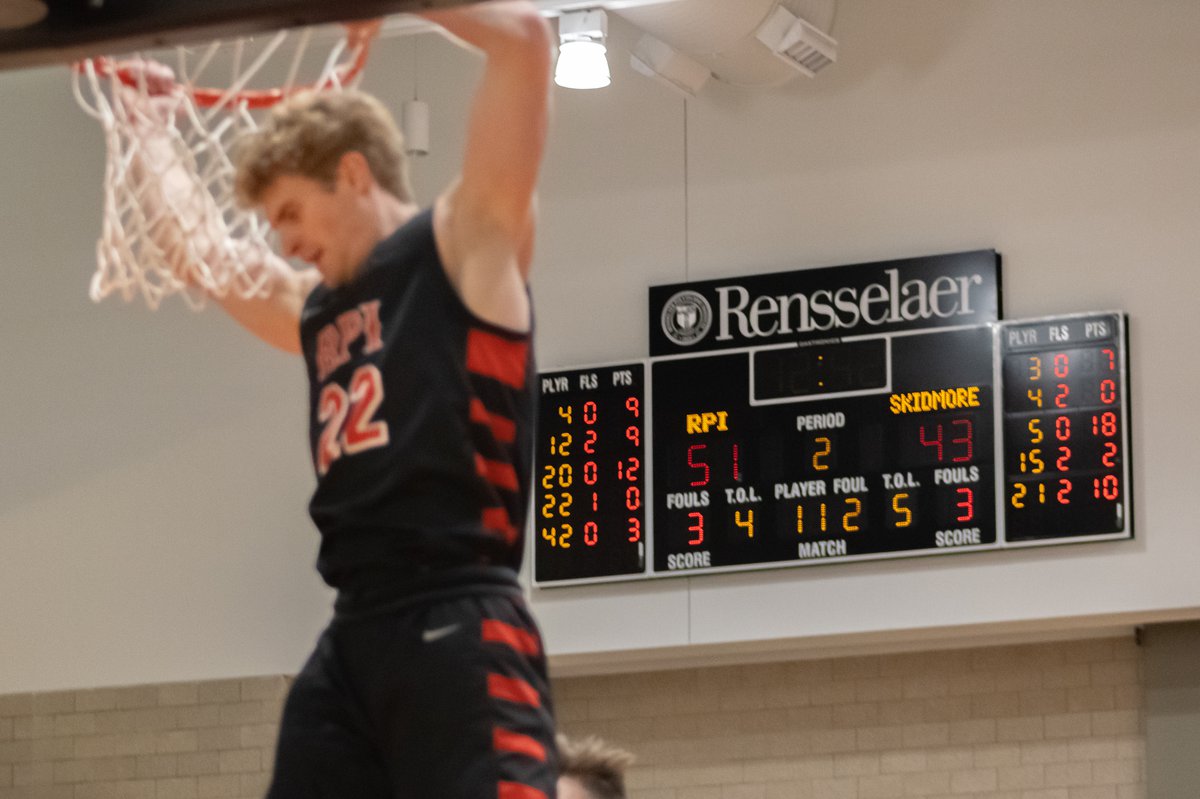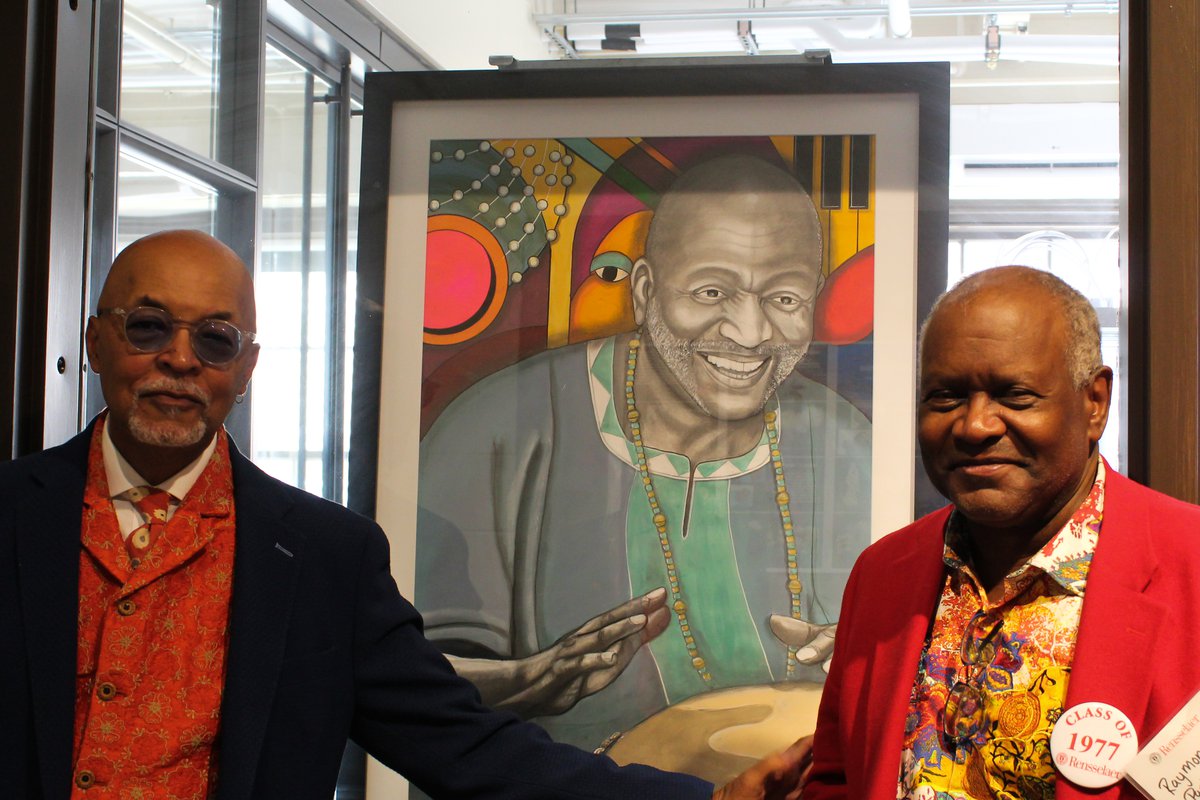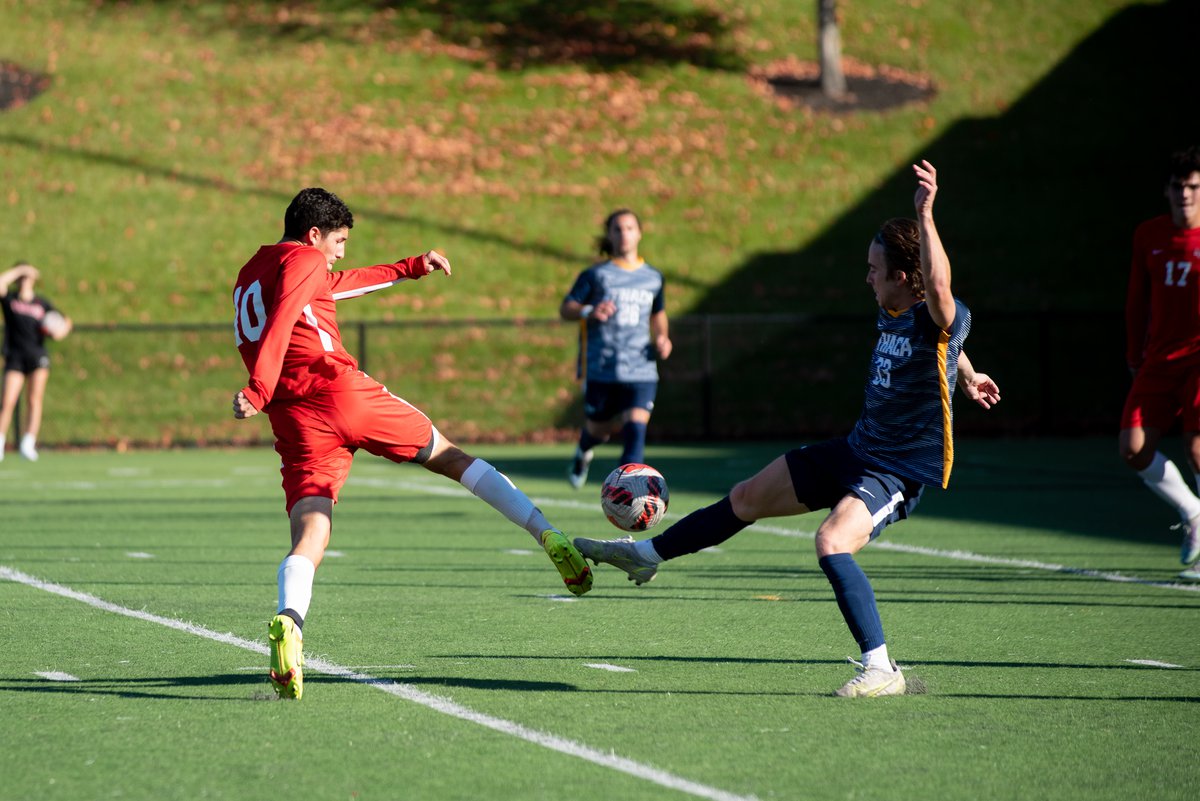Chef Curry primed to cook up the competition again
As the realization set in that he had done it again, that he had won yet another NBA championship, Curry’s emotions spilled out. A mix of crying and laughing emerged as the time wound down to the final buzzer. John Hollinger of The Athletic predicted the Golden State Warriors would go 39-43 last season, and many other experts like him did not expect much from the Warriors. Still, Curry managed to defy expectations by leading the franchise to its seventh NBA championship and winning the Finals MVP to put the finishing touches on an incredible playoff run. With his personal fourth NBA championship in the bag, Curry reminded the world that he is him.
It’s easy to forget when point guard Steph Curry is launching 30-footers in the NBA finals like it’s nothing and celebrating with his usual flair, but Curry’s whole life is a story about powering through adversity. As a skinny under-recruited kid with only three stars to his name in high school, he chose to go to Davidson College, a Division II basketball program where he starred and shined. He led them to multiple upset victories during his three years there, going to the Elite Eight in his sophomore season and becoming the scoring leader of the NCAA with 28.6 points per game in his junior year. Even with an impressive collegiate career under his belt, many experts cited his lack of athleticism and experience as a point guard as worrying. Bleacher Report stated that Curry is “probably never going to end up being a star in the league because of a lack of explosiveness.”
Once in the NBA, Curry was drafted by the Golden State Warriors, but a different one than the iteration that exists now. Back then the franchise lacked stability, which mirrored the lack of strength in his ankles. Going from losing season to losing season, and ankle injury to ankle injury, it seemed like Curry’s career would never take off into superstardom. However, with a new front office in place for the Warriors, they built the team around Curry, trusting in his ability to be number one. And boy, did he and the Warriors deliver.
The Warriors not only revolutionized the league behind Steph Curry and teammate Klay Thompson’s three-point shooting but also through its small ball system, which utilized lengthy, tall, athletic wings that could switch on defense. Now, many teams in the NBA follow that same blueprint on defense which ironically is the best way to counter the Warriors' motion offense. In the 2021-2022 season, Curry had to tear down the same league that he involuntarily helped build. On the way to the championship, he chased and eventually broke Ray Allen’s record for the most three-pointers ever made in the NBA.
Ignoring the season in 2019-2020, where Curry only played five games, Curry’s true shooting percentage, which basically measures a player’s efficiency at shooting, was at 60.1 percent last season—his worst since the 2012–2013 season. For the first time in his career, while chasing Ray Allen’s three-point record, Steph’s three-point shooting percentage dipped from 40 percent to 38 percent. While still a great shooting percentage for the average NBA player last season, 35.4 percent, it is not for the man heralded as the best shooter the league has ever seen and may ever see.
Just judging by the 2021-2022 regular season, things looked dire for number 30, but there’s one thing that proves the regular season woes were just an anomaly: the playoffs. His shooting percentage went up from 43.7 percent to 45.9 percent, and his three-point shooting also went up from 38.0 percent to 39.7 percent during the playoffs. Before the playoffs started, people were unsure whether Curry would even be able to play in the first round since he had missed time due to an injury. Without skipping a beat, Curry came in and beat the Denver Nuggets, Memphis Grizzlies, Dallas Mavericks, and Boston Celtics. All of the teams besides the Nuggets were top 10 in defensive rating in the regular season within the league. Coming back from an injury and facing the best defenses the NBA had to offer in the playoffs, Curry managed to elevate his game when it mattered most.
Not only was his offense stellar, but his defense improved dramatically in the past few seasons. With a stronger body coupled with his already great basketball IQ and instincts, Curry became an above-average defender. He became a true two-way threat, a player many draft experts never imagined him to become.
There are no limitations on Curry next season. If his defense holds up and his usual shooting is there, why can’t he win another ring? Winning back-to-back is difficult, but Curry already has. Why can’t he have an MVP season? By the time players get to his age, 34 years, they might start regressing, but Curry is different. He has the hardware from last season alone to prove he’s still in his prime. In his fourteenth season, Steph Curry will again remind us to expect the unexpected, at least just from him.

 Men's basketball
Men's basketball
 On-Campus Event
On-Campus Event
 Men's Soccer
Men's Soccer